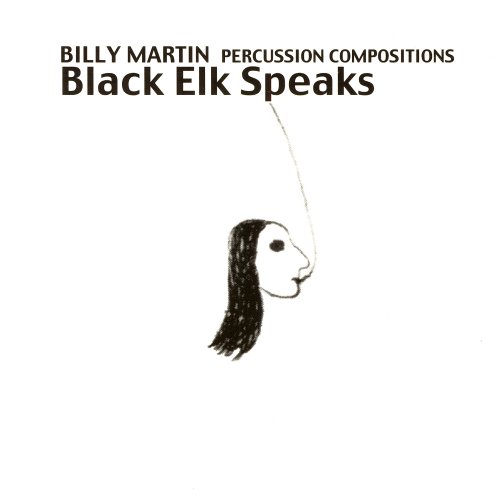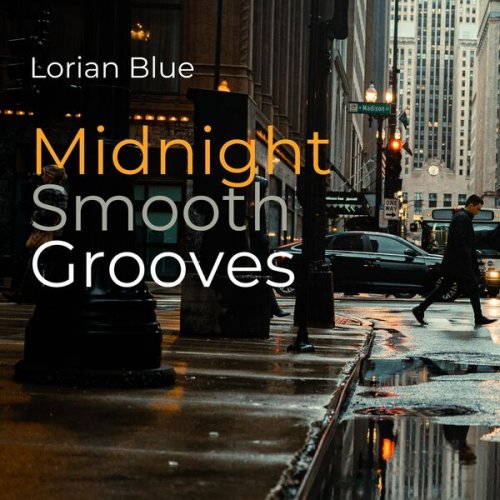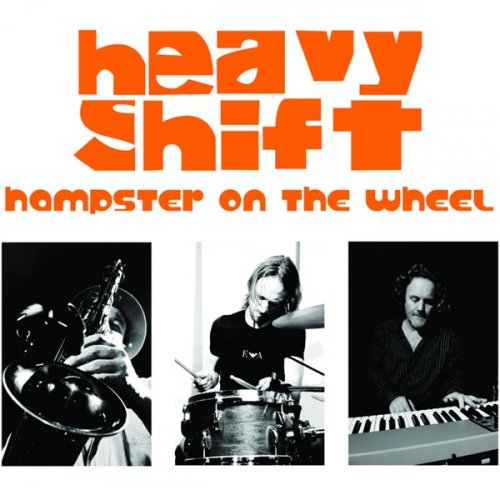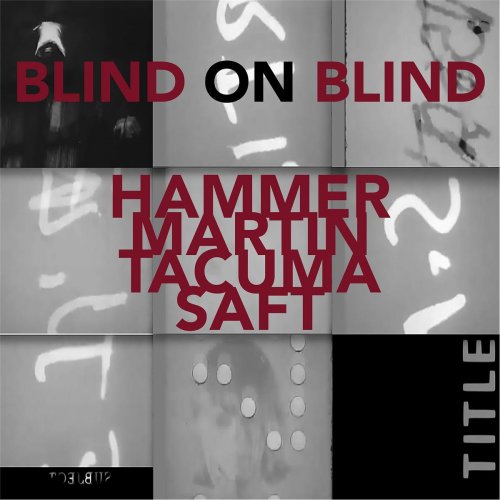Wannes Cappelle - Verslegen nevest gie (2022) Hi-Res
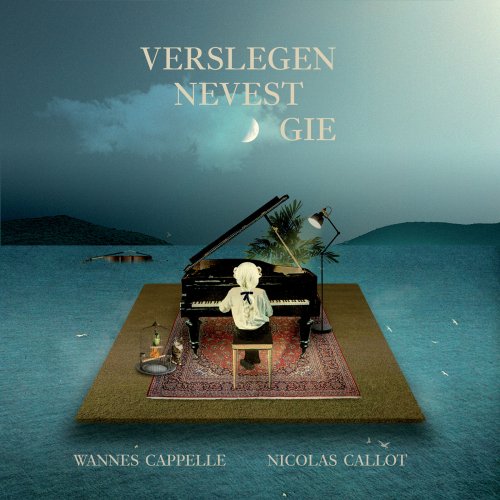
Artist: Wannes Cappelle
Title: Verslegen nevest gie
Year Of Release: 2022
Label: BBclassic
Genre: Classical
Quality: FLAC (tracks) / FLAC 24 Bit (96 KHz / tracks)
Total Time: 38:22 min
Total Size: 195 / 748 MB
WebSite: Album Preview
Tracklist:Title: Verslegen nevest gie
Year Of Release: 2022
Label: BBclassic
Genre: Classical
Quality: FLAC (tracks) / FLAC 24 Bit (96 KHz / tracks)
Total Time: 38:22 min
Total Size: 195 / 748 MB
WebSite: Album Preview
1. Komm, liebe Zither
2. Das Veilchen
3. Der Vogelfänger bin ich ja
4. An Chloë
5. Das Lied der Trennung
6. Adagio in B minor KV 540
7. Ein Mädchen oder Weibchen
8. Wiegenlied
9. Deh, vieni alla finestra
10. Der Zauberer
11. Lied zur Gesellenreise
12. Abendempfindung
Exactly two years ago, Wannes Cappelle, frontman of Het Zesde Metaal, and the Belgian pianist Nicolas Callot released the album 'Kom, benevelt mie!' in the shop – a collection of songs by Franz Schubert, but in West Flemish. By selling seventeen copies in the first week, the album immediately shot to the top of the classic Ultratop and remained there for a considerable number of weeks afterwards. Until all the vinyls were gone.
The Belgian press was also enthusiastic, but of course it was corona at the time, so there was little else to write about. Although it rained even in Holland, where they did not understand a word of the record, praise. The newspaper Trouw shouted Kom, benevelt mie! as pop album of the week and penned down the biggest compliment imaginable: “It is a nice bonus if fans of Het Zesde Metaal discover Schubert thanks to this album and vice versa, but Come on, benevelt mie! is much too beautiful to be reduced to its possible bridging function between pop and classical.”
“Our biggest fear was that the record would fall between two chairs and that we wouldn't be able to convince anyone with it,” recalls Wannes Cappelle. “But come, mist me! has really found its audience.” Which is not to say that there weren't fans of The Sixth Metal who said it wasn't for them. Wannes Cappelle translating two-hundred-year-old Franz Schubert songs?! Uh, no. “And there were certainly also lovers of classical music who found it strange or even inappropriate,” says Nicolas Callot. “But most found it innovative and were genuinely touched by it. Wannes' lyrics often resonated more than the originals because they sounded more direct and confidential.”
And so Cappelle and Callot hurried to knit a sequel to Kom, benevelt mie! “We could continue with Schubert for a while,” says Cappelle, “and it remains a secret ambition to one day fully translate his Winterreise. But Nicolas suddenly came up with Mozart, of whom it is slightly less known that he also wrote about thirty songs. Moreover, his style is very different from that of Schubert, who has made noticeably darker things and is therefore closer to my own work. Schubert was also more within my vocal range, because a lot less frivolous than Mozart. But all those things actually made 'Verslegen nevest gie' even more fun to do. I had to challenge myself even more – did a lot of vocal exercises – and it made me a better singer.”
Nonsense, says Callot. “Wannes had already become a better singer with 'Kom, benevelt mie!' to go up the hill. His voice has grown even more during that tour, his self-confidence has increased and the recordings of 'Verslegen nevest gie' went a lot easier as a result. And yes, it is true that Mozart sounds more frivolous than Schubert, but that is why there is more humor in his songs and that is also in the work of Wannes. Humor is not only characteristic of the man – it is in his character – you can also hear it in the puns in his lyrics for Het Zesde Metaal.”
Only the humor in Mozart's work is not always refined. Even more: “If the composer were still alive today, he would have been canceled long ago”, Cappelle believes. “'Ein Mädchen oder Weibchen wünscht Papageno sich' and 'Der Vogelfänger bin ich ja', those are songs that today - to put it mildly - sound quite naive and even a bit pathetic. I never had that with Schubert, for example. And of course I could have hidden behind Mozart, but I thought that was rather lame, so I took a little more creative freedom this time. Even though there was also a song like 'Deh, vieni alla finestra' from Don Giovanni that sounds so beautiful in Italian that I stayed as close as possible to both the original text and those Italian sounds."
And you just have to forgive Mozart, according to Nicolas Callot: “The music was of much greater importance to him. And that music is still sublime. Unlike Schubert, he has also rarely worked with a great poet. And if a sentence didn't fit into his musical box, he threw out some words. So what Wannes does at Verslegen nevestie is really of a higher level. There is more depth in his translations, more layers, and he has made them more contemporary and narrative. I really dare to say that the lyrics are now at the level of the music.”
The Belgian press was also enthusiastic, but of course it was corona at the time, so there was little else to write about. Although it rained even in Holland, where they did not understand a word of the record, praise. The newspaper Trouw shouted Kom, benevelt mie! as pop album of the week and penned down the biggest compliment imaginable: “It is a nice bonus if fans of Het Zesde Metaal discover Schubert thanks to this album and vice versa, but Come on, benevelt mie! is much too beautiful to be reduced to its possible bridging function between pop and classical.”
“Our biggest fear was that the record would fall between two chairs and that we wouldn't be able to convince anyone with it,” recalls Wannes Cappelle. “But come, mist me! has really found its audience.” Which is not to say that there weren't fans of The Sixth Metal who said it wasn't for them. Wannes Cappelle translating two-hundred-year-old Franz Schubert songs?! Uh, no. “And there were certainly also lovers of classical music who found it strange or even inappropriate,” says Nicolas Callot. “But most found it innovative and were genuinely touched by it. Wannes' lyrics often resonated more than the originals because they sounded more direct and confidential.”
And so Cappelle and Callot hurried to knit a sequel to Kom, benevelt mie! “We could continue with Schubert for a while,” says Cappelle, “and it remains a secret ambition to one day fully translate his Winterreise. But Nicolas suddenly came up with Mozart, of whom it is slightly less known that he also wrote about thirty songs. Moreover, his style is very different from that of Schubert, who has made noticeably darker things and is therefore closer to my own work. Schubert was also more within my vocal range, because a lot less frivolous than Mozart. But all those things actually made 'Verslegen nevest gie' even more fun to do. I had to challenge myself even more – did a lot of vocal exercises – and it made me a better singer.”
Nonsense, says Callot. “Wannes had already become a better singer with 'Kom, benevelt mie!' to go up the hill. His voice has grown even more during that tour, his self-confidence has increased and the recordings of 'Verslegen nevest gie' went a lot easier as a result. And yes, it is true that Mozart sounds more frivolous than Schubert, but that is why there is more humor in his songs and that is also in the work of Wannes. Humor is not only characteristic of the man – it is in his character – you can also hear it in the puns in his lyrics for Het Zesde Metaal.”
Only the humor in Mozart's work is not always refined. Even more: “If the composer were still alive today, he would have been canceled long ago”, Cappelle believes. “'Ein Mädchen oder Weibchen wünscht Papageno sich' and 'Der Vogelfänger bin ich ja', those are songs that today - to put it mildly - sound quite naive and even a bit pathetic. I never had that with Schubert, for example. And of course I could have hidden behind Mozart, but I thought that was rather lame, so I took a little more creative freedom this time. Even though there was also a song like 'Deh, vieni alla finestra' from Don Giovanni that sounds so beautiful in Italian that I stayed as close as possible to both the original text and those Italian sounds."
And you just have to forgive Mozart, according to Nicolas Callot: “The music was of much greater importance to him. And that music is still sublime. Unlike Schubert, he has also rarely worked with a great poet. And if a sentence didn't fit into his musical box, he threw out some words. So what Wannes does at Verslegen nevestie is really of a higher level. There is more depth in his translations, more layers, and he has made them more contemporary and narrative. I really dare to say that the lyrics are now at the level of the music.”



